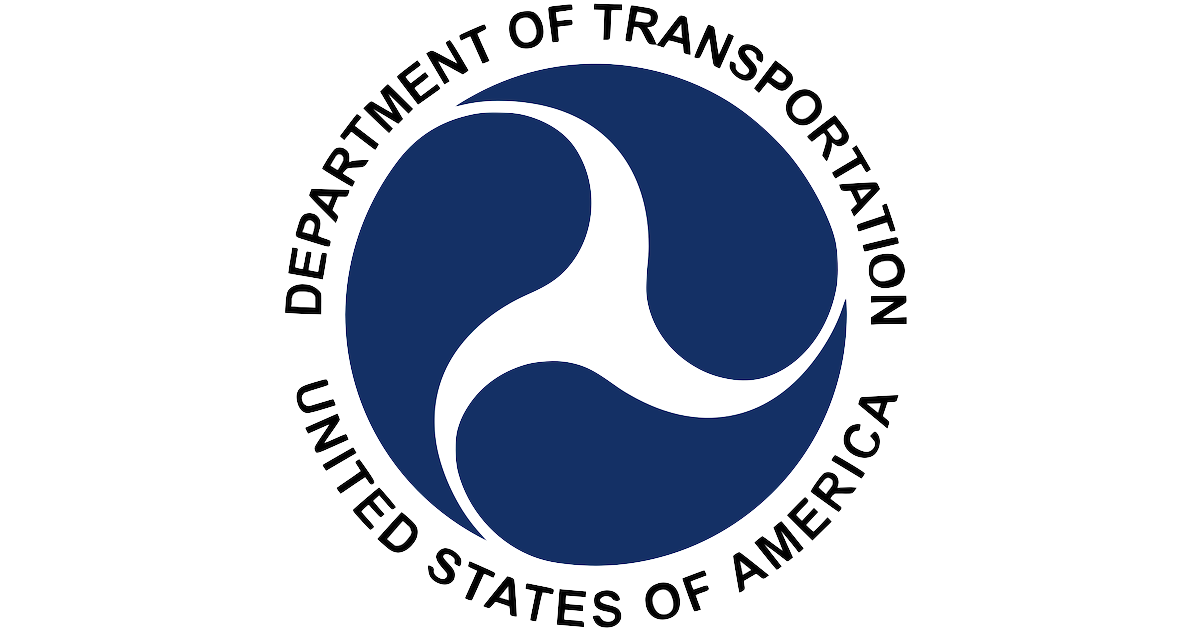Letter to the Editor: Why are subsidies for EAS proposals by Southern Airways Express, Cape Air so high?

Essential Air Service for the tri-state region is administered by Department of Transportation. It has been in effect since 1978 after the airlines were deregulated. This service is provided to 100 airports within the continental U.S. and is based on the operational airport locations that would have lost commercial air service to their communities at the time of deregulation. This program was meant to sundown in 10 years, but it is now into its 44th year of existence.
Cape Air (Hyannis Air Service) has served Quincy, Burlington, Iowa, and Kirksville, Mo. Both Burlington and Quincy were given notices of termination in May of four-year contracts that were entered into in late 2021. The Burlington contract had 24 weekly flights between Chicago and St. Louis. Cape Air maintained 36 flights a week between Quincy and both Lambert International in St. Louis (18 flights0 and O’Hare in Chicago (18 flights). Kirksville remains having 21 weekly flights to and from St. Louis only. Kirksville’s 4-year contract remains in effect with Cape Air and looks to run into 2024.
It has been reported that Cape Air has a shortage of pilots and had to request termination of its contract with Quincy and Burlington. I approached Andrew Bonney, the senior vice president of planning for Cape Air, asking why Cape Air was allowed to be granted by DOT a proposal to increase service to Manistee, Mich., on April 22 to go to from 14 to 29 round trips per week to O’Hare on a seasonal basis. The amount of takeoff and arrivals to O’Hare by Cape Air added for Manistee flights about equals what has been curtailed on flights for Quincy and Burlington. In a phone conversation on Sept. 23, Bonney indicated Cape Air could not get enough pilots to agree to be based in Quincy and Burlington to sustain flight requirements.
It is noted that Southern Airways Express has been awarded service to Quincy starting Dec. 1. Their subsidy for the first of four years will be $4,085,604, increasing 2.5 percent for each subsequent year for a total of $16,965,535. If Cape Air’s contract for its second year had remained in effect, the airline’s subsidy would have been only $3,418,994 and $13,887,181 total. This comes close to a 20 percent increase between the two contracts. The total difference in the two four-year contacts is more than $3 million dollars.
Now comes Burlington, Iowa, which rejected its one proposal some weeks back for air service. The DOT has now been given new proposals on Oct. 24 by both Southern Airways Express and Cape Air for new four-year contracts. Cape Air’s Nov. 2021 contract (now being cancelled) was for 12 round trips per week to Lambert in St. Louis and 12 round trips O’Hare in Chicago. It was granted for four years at a total subsidy of $10,802,534.
Southern’s new proposal has two options — 10 round trips to St. Louis and 14 round trips to Chicago for $14,396,675, and $14,886,822 for 7 round trips to St. Louis and 14 round trips to Chicago — for four years each. Cape Air’s option calls for a $19,811,164 subsidy for 10 round trips to St. Louis and 14 round trips to Chicago, showing a much heavier cost on flights to and from Chicago.
I trust the DOT will ask both Southern and Cape Air why the subsidies are so high. According to SimpleFlying.com, the largest subsidy compensation that can be given is capped at $200 per passenger for a one-way flight unless the community is more than 210 miles from the nearest large or medium airport.
I can’t see how Southern and Cape Air could get these numbers.
In any case, over the last couple of months, I have tried to propose a new plan for the three communities that have their airports within 80-90 miles from one another. I have posted all these details on the Regulations.gov website, and they are a matter of public record. You can view them by sorting (newer-older) with DOT-OST-2003-14492 for Quincy and DOT-OST-2001-8731 for Burlington.
The reading of the DOT document Issued Oct 25th granting selection of air carrier for Quincy concerns me. It contains language that says not only has the city waived the right to have twin engine aircraft but also two pilots. There is no guarantee in the future that the city can reject these conditions. The company I worked for in Quincy told us we could not use single pilot commercial aircraft while on company business unless we accepted the fact that our supplemental travel life insurance was not in effect.
I have sent letters and e-mail communications, in addition to these DOT postings, to Dick Durbin on down. I haven’t heard much in the way of response to my communications. As a taxpayer, I want to see EAS continue, but I don’t want to see it further fuel inflation. The government can only get revenue for expenses from fees, fines, taxes and printing money like they did for some one trillion dollars during Covid for “stimulus” and “paycheck protection” programs of forgiven loans to all of us to fuel inflation in the first place.
There are people in this country today, some running for office, who would love to kill EAS and other forms of public transportation right after they put an end to Amtrak. I am not one of them.
Let’s just be practical here.
Don Carpenter
Quincy, Illinois
Miss Clipping Out Stories to Save for Later?
Click the Purchase Story button below to order a print of this story. We will print it for you on matte photo paper to keep forever.

